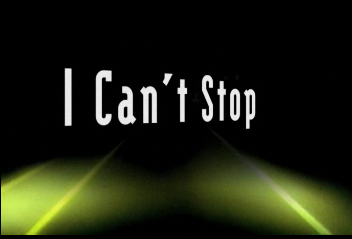A man I work with recently asked if I had received an email from another coworker. I told him no, I had not. He said this, “I’m not calling you a liar, but …”
I cut him off and said, “Yes, you are! You cannot say you are not calling me a liar, and then proceed to challenge the truthfulness of what I just said. The word ‘but’ negates everything that came before it.” I offered to let him view my email account just so he could see that I was not lying. He declined and left my office.
The word “but” is an amazing word. We use it all the time to say contradictory things.
In fact, almost any time you hear someone say “I’m not ________, but …” you can almost guarantee that whatever follows the “but” will be the exact opposite of what preceded it.
The phrase “I’m not a racist, but …” will always be followed with a racist statement.
The phrase “I don’t hate gays, but …” will always be followed with a homophobic statement.
The phrase “I know God loves everybody, but …” will always be followed by a statement that maybe God doesn’t love everybody.
The phrase “I hope this doesn’t come across as heartless, but … ” will always be followed by a statement that is heartless.
One phrase I hear a lot from people is this one:
“I believe in grace, but …”
Such a statement will always be followed by a statement which shows the person does not believe the first thing about grace.
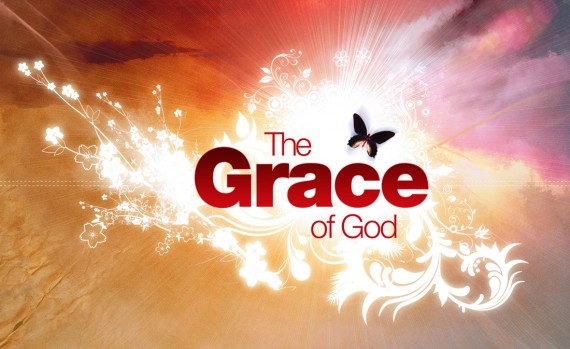
Grace has no but!
Pastors and Christian Bible teachers are notorious for giving confusing messages about grace. We preach that God loves people unconditionally, that Jesus will never leave us or forsake us, that we can come to God just as we are, and that nothing can separate us from God’s love. This is well and good.
Then we often follow up this teaching with the impression that maybe there are conditions to God’s infinite love, that maybe Jesus will forsake us, and that God doesn’t want us exactly as we are, and that there are some things that will separate us from the love of God.
I call this adding “buts” to grace.
This occurs whenever we say something like,
“Grace is free, but…”
“God forgives all our sins, but…”
“God loves you unconditionally, but…”
“God will never leave you nor forsake you, but…”
“Eternal life is by faith alone, but…”
You see?
These “buts” completely negate whatever came before it.
So stop adding buts to your theology.
Grace has no but, and neither does love, mercy, and forgiveness.
Those who add buts to grace do not know God or His grace. There are no conditions or limits to grace. Grace is infinite and free. Period.






 … By the way, this entire story was a parable.
… By the way, this entire story was a parable.
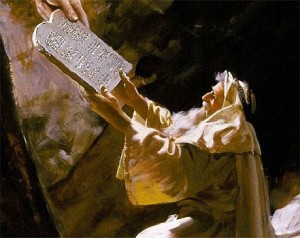 Of course, such divisions over the role of the Mosaic Law in the life of the Christian are not new. This was actually one of the first and primary theological issues to create division within the early church. From the very beginning, there were questions about whether or not Gentile Christians had to obey the Mosaic Law (Answer: No. See Acts 15). As Paul went about teaching the Gospel, he constantly faced opposition from a set of Christians who believed that to truly follow Jesus, you had also obey the Mosaic Law. Even the Apostle Peter seemed to side with this group for a while (see Galatians 2).
Of course, such divisions over the role of the Mosaic Law in the life of the Christian are not new. This was actually one of the first and primary theological issues to create division within the early church. From the very beginning, there were questions about whether or not Gentile Christians had to obey the Mosaic Law (Answer: No. See Acts 15). As Paul went about teaching the Gospel, he constantly faced opposition from a set of Christians who believed that to truly follow Jesus, you had also obey the Mosaic Law. Even the Apostle Peter seemed to side with this group for a while (see Galatians 2). But even when we think about more mundane laws, like the tax code, or campaign finance law, or even the laws about the speed you can drive or the legal drinking age, all of these laws have stories behind how they became laws.
But even when we think about more mundane laws, like the tax code, or campaign finance law, or even the laws about the speed you can drive or the legal drinking age, all of these laws have stories behind how they became laws.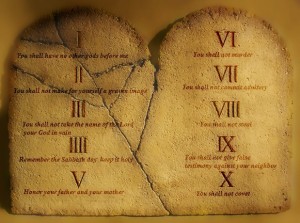 Of course, when laws are created as a substitute for love, people think that what is important is obedience to the law, rather than learning to love. And then they look for loopholes in the law which allows them to live selfishly and dangerously (not in love) while still obeying the letter of the law. When this happens, more laws are created to top this selfish and dangerous behavior. And pretty soon, 10 laws become 600 laws which become 6000 laws, which become 60,000 pages of laws.
Of course, when laws are created as a substitute for love, people think that what is important is obedience to the law, rather than learning to love. And then they look for loopholes in the law which allows them to live selfishly and dangerously (not in love) while still obeying the letter of the law. When this happens, more laws are created to top this selfish and dangerous behavior. And pretty soon, 10 laws become 600 laws which become 6000 laws, which become 60,000 pages of laws.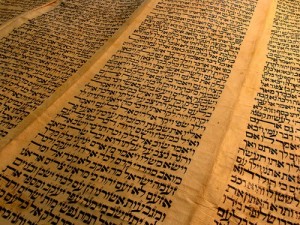 This pattern of separation from God which leads to further religion continues throughout the Pentateuch. After the Israelites reject the relationship from God, they are given the 10 commandments. But then they create the golden calf and worship it instead of God, and so they are given more laws with greater degrees of intricacy and duty (Exodus 32ff). Later, however, they are found guilty of making sacrifices to demonic idols (Lev 17:7ff), and so God adds further laws and regulations about the sacrificial system. In the Pentateuch, the 10 laws eventually get amplified into over 600.
This pattern of separation from God which leads to further religion continues throughout the Pentateuch. After the Israelites reject the relationship from God, they are given the 10 commandments. But then they create the golden calf and worship it instead of God, and so they are given more laws with greater degrees of intricacy and duty (Exodus 32ff). Later, however, they are found guilty of making sacrifices to demonic idols (Lev 17:7ff), and so God adds further laws and regulations about the sacrificial system. In the Pentateuch, the 10 laws eventually get amplified into over 600.




